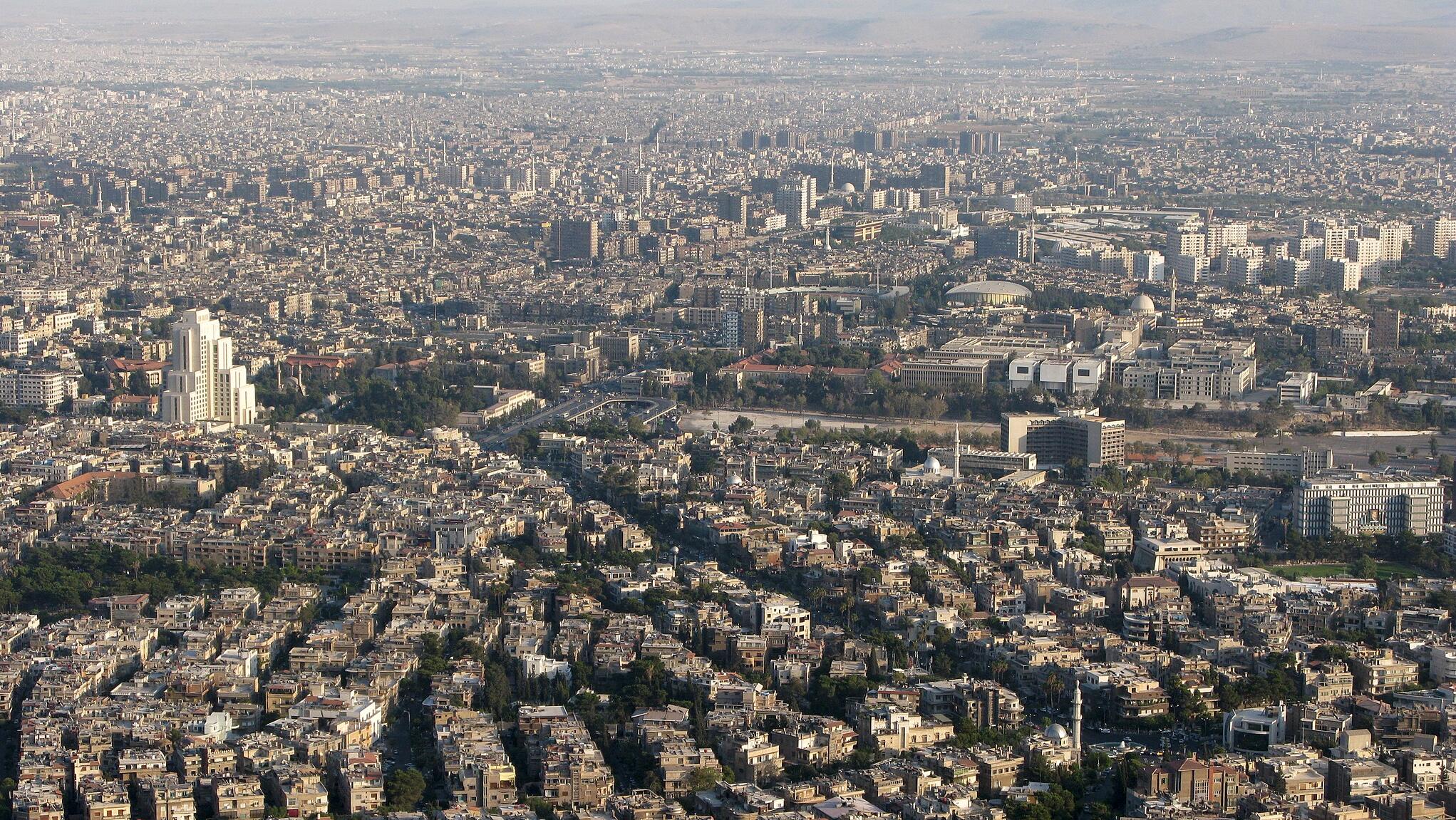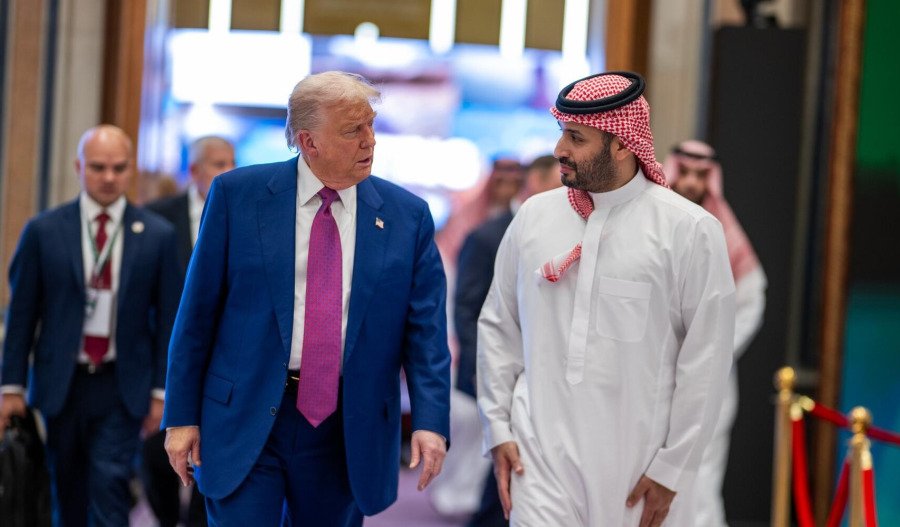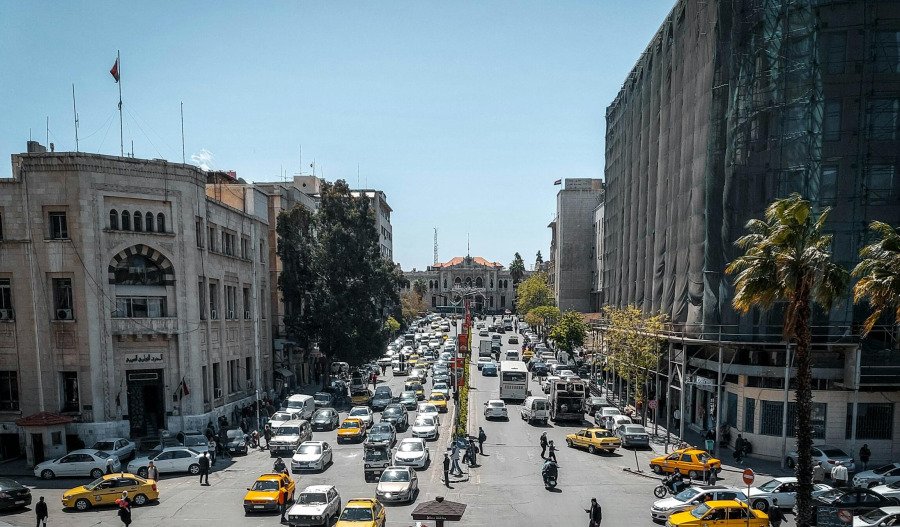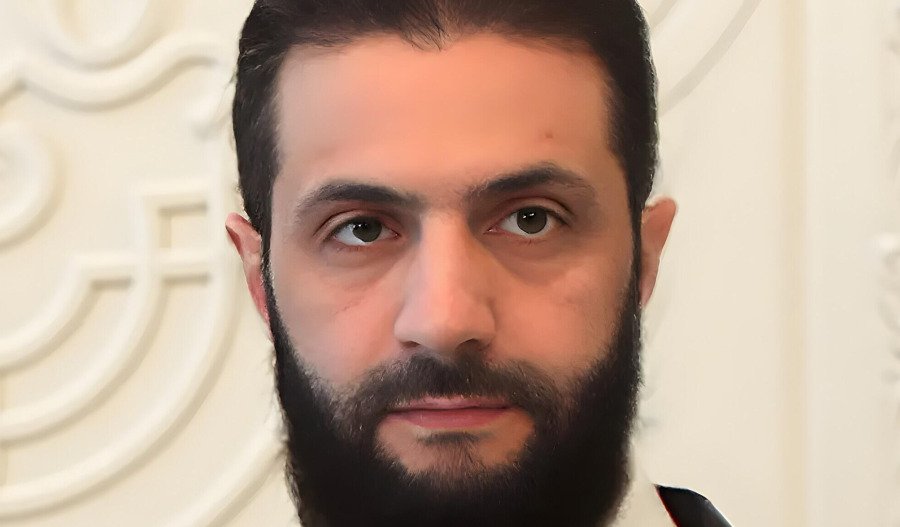A suicide bomber affiliated with Islamic State (IS) killed at least 22 people and injured 63 more during a packed Sunday service (Monday AEST) at the Mar Elias Greek Orthodox Church in Damascus, Syrian authorities confirmed.
The attacker reportedly opened fire before detonating an explosive vest, marking the first successful suicide bombing in the capital since Bashar al-Assad's regime fell in December.
The blast tore through the church’s interior, scattering pews and icons, and leaving pools of blood on the floor.
Witnesses described scenes of panic as worshippers, including children and the elderly, scrambled to safety.
The attack has rattled Syria’s fragile transitional government, which pledged to protect religious minorities in a volatile post-conflict landscape.
The Orthodox Patriarchate in Damascus condemned the bombing as a “violation of the sanctity of churches,” while the United Nations’ special envoy for Syria, Geir Pedersen, called it a “heinous crime” and urged a full investigation.
United States and European officials echoed the outrage, warning that the resurgence of extremist violence could derail Syria’s path to stability. The country’s Christian population, already reduced from one million to under 300,000 due to war and displacement, now faces renewed fear.
For global investors, the bombing underscores Syria's persistent security risks during reconstruction.
While Damascus had seen relative calm in recent months, this attack highlights the enduring threat posed by IS remnants and the challenges facing Syria’s new leadership.
Infrastructure rebuilding, foreign investment, and regional trade integration all hinge on sustained stability — a prospect now clouded by sectarian violence and fragile governance.
As Syria’s markets remain largely isolated, the broader concern lies in regional spillover and the potential for renewed volatility across the Levant.



